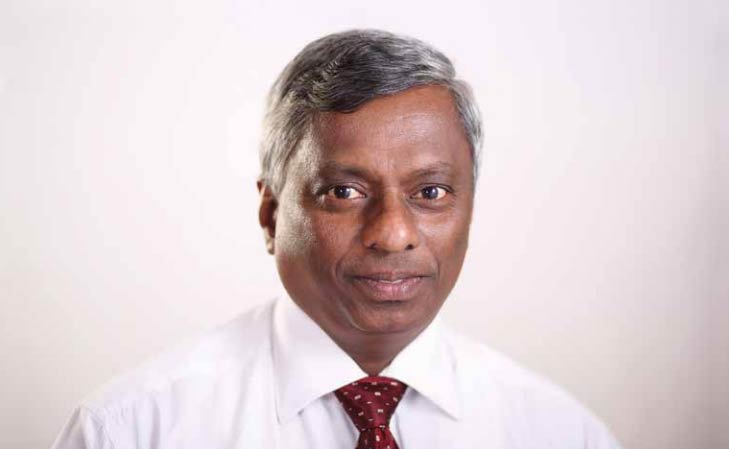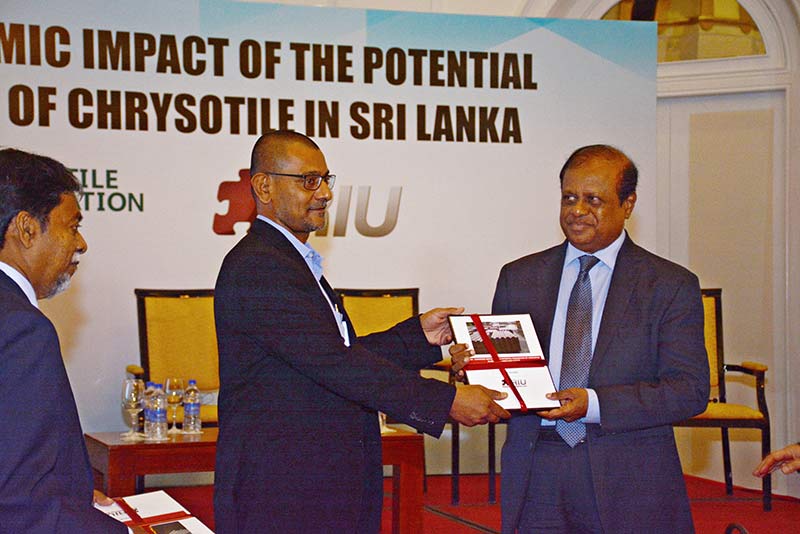
Green Energy Champion 2017 Campaign launches
and the introduction of a solid waste management system. Further, several awareness trainings with more than 7,000 students and teachers were carried out.
Now the initiative is looking for another blueprint “Green Energy Champion” who would become a show case for sustainable and clean energy solutions. The winning entry would be awarded with technical equipment worthup to 10 Mio.LKR (ca. EUR 60,000) and technical expertise for its implementation.
Applications for the competition can be submitted between July 1st and August 18that the campaign’s websitewww.greenenergychampion.lk, where the application form and further information is available.
The competition intends to inspire Sri Lankans to submit tangible ideas how to use renewable energies in their environment. A questionnaire will guide them to compose an action plan together with an estimated budget.
After all applications have been screened, representatives of the five most promising ideas will be invited to a workshop to practice their communication and management skills and receive further input on renewable energies, energy efficiency and technical feedback on the proposal presentations. At the end of the workshop the participants will pitch their ideas.The winner will be determined by a jury comprising of representativesof theGerman Embassy, the Ministry of Power and Renewable Energy, Sri Lanka Sustainable Energy Authority and GIZ.
During the launch event, H.E. Jörn Rohde, German Ambassador to Sri Lanka and the Maldives,said, “Climate change is a major challenge of our time. We need to adjust the way we generate and consume electricity. I am sure that our Green Energy Champion campaign triggers many Sri Lankans to submitinnovative renewable energy ideas which help their country to make its energy transition a reality Germany will continue to support Sri Lanka’s path to a sustainable green energy future.”
Germany, the world’s fourth largest economy, is currently pioneering an epochal transformation called“Energiewende” – an energy transition which will substantially change its energy portfolio. Nuclear power, coal, gas and all other fossil fuels shall finally be replaced by renewable energy sources. Germany remains on track: the share of renewable energy as of total electricity consumption rose from a mere 6,2% in 2000 to 41,7% in 2016! Succeeding in this approach will lead to ambitious emission cuts which Germany is committed to achieve: By 2020, a 40 percent cut from 1990 levels, and by 2050, at least 80 percent.


